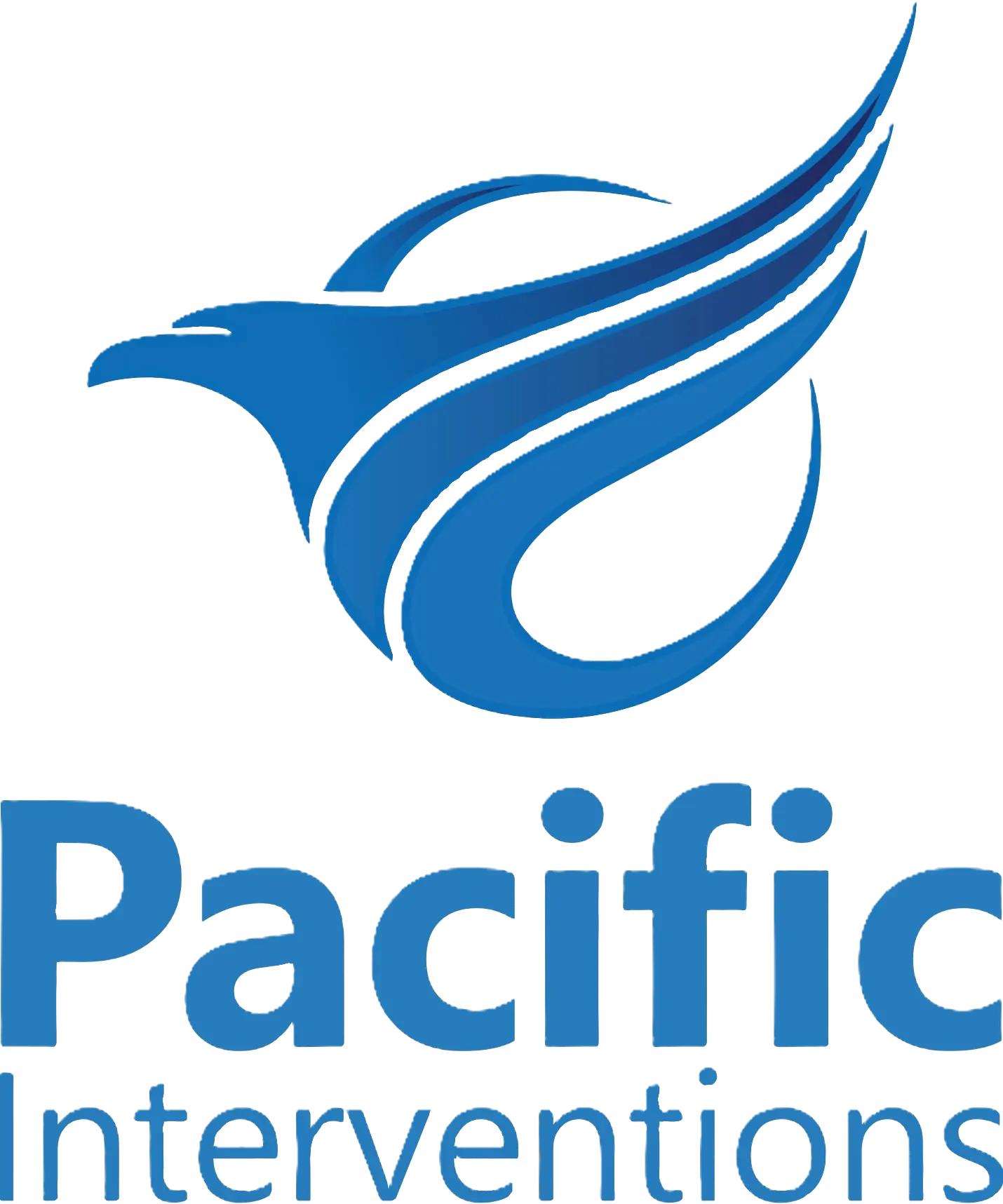Alcohol withdrawal happens when a person suddenly reduces or stops alcohol intake after a lengthy period, which in turn leads to many physical and psychological symptoms.
These symptoms will be explained so you can manage them most effectively, which will be necessary for safe recovery and will help prevent significant issues such as seizures or delirium tremens. To establish the best method of alcohol withdrawal management, we first need to review the basic timeline, common symptoms, and evidence-based treatment options.

Understanding Alcohol Withdrawal is the first step
AWS is a collection of symptoms seen in people with alcohol use disorder who suddenly reduce or stop taking alcohol. Given this, the body, having physically adapted to the effect of alcohol, will react adversely if the substance is no longer present. Some of the common symptoms are tremors, anxiety, sweating, nausea, vomiting, and insomnia.
The timeline of withdrawal symptoms usually starts within the first six hours after the last alcoholic drink. These may range from mild symptoms like anxiety and tremors, building up to much more dangerous and serious ones, which include hallucinations and seizures after a 24-72 hour period. If the case is more serious, the most dangerous kind of withdrawal, known as delirium tremens (DTs), can happen, characterized by confusion, violent agitation, and life-threatening complications.
Recognizing the severity of AWS is essential to initiating prompt treatment. Knowledge of these aspects is vital for managing and treating a case of withdrawal.
Medical support is a known method for recovering from alcohol withdrawal.
Medical support is necessary in recovering from co-occurring disorders, primarily through detoxification programs. These can be categorized into inpatient and outpatient settings. Inpatient detoxification refers to a highly structured setting where the patients are offered medical supervision for safety on a 24/7 basis during the withdrawal period. Outpatient detox allows patients to be treated while continuing to live at home; this might be quite appropriate for those individuals who have a pretty stable support system.
Apart from providing supportive care, a lot of medications are used to reduce the prominent withdrawal symptoms. These include benzodiazepines (sedatives), which help with anxiety and agitation. The others are anticonvulsants used to prevent seizures. These medications help stabilize patients, thereby reducing symptom severity and the risk of complications during detoxification.

The Role of Nutritional Support in Withdrawal Management
Nutritional support is a part of withdrawal because the body undergoes extreme stress and needs more of these elements to initiate and sustain recovery. Good nutrition will ease withdrawal symptoms and help one stay fit and healthy. Essential nutrients like thiamine will prevent damage to the nervous system; magnesium regulates muscle function and reduces anxiety. Adequate hydration is necessary for the body to excrete toxins and avoid dehydration-related medical complications.
A balanced diet delivers all the vitamins and minerals that help sustain metabolic processes and balance emotions throughout this challenging period. Additionally, adequate hydration through water intake and the consumption of fluids rich in electrolytes is needed for proper brain function nd increased physical endurance.

Psychological Support plays a vital role in withdrawal management.
1. Counselling and Psychotherapy have been crucial in providing this support.
Therapeutic support has been beneficial, and others are well-recognized, established forms of treatment that have gone a long way toward addressing the psychological aspect of withdrawal, like Cognitive Behavioural Therapy (CBT) and motivational interviewing.CBT helps the user to recognize and alter the negative thoughts about drinking, whereas motivational interviewing enhances the state of the mind to make positive changes.
Treatment must also be extended to co-occurring mental health disorders that can be related to alcohol dependence in all cases except when it is of such a serious nature as to disrupt the treatment process or withdrawal fundamentally.
2. Support Groups
This means building an environment of people who have faced the same or similar afflictions, thus providing a better place to share experiences and find encouragement. The benefits of support have been shown among the group members. Support reduces any feelings of isolation and imparts a firm commitment to remaining sober. Participation in support groups informs coping strategies and provides insight developed through similar experiences.

Lifestyle modifications and home remedies can help a lot in managing alcohol withdrawal.
Conducive Environment
A person also needs a stable environment that may enable recovery and concentration. Examples of triggers include identification and avoidance: certain social situations relating to alcohol that could prompt relapse. Also, the patient must be kept in a supportive social environment with friends and relatives to foster a sense of belonging and motivation.
Recovery incorporates leisure-time physical activity and mindfulness techniques.
With regular physical activity, one can testify to the release of endorphins, which can facilitate the elevation of a person’s mood, hence reducing anxiety. Other exercises that bring relaxation include yoga and meditation.
Such activities promote physical health and mental strength to deal with withdrawal. Setting up an enabling environment and practicing physical and mindfulness exercises can lay a good foundation for a successful recovery journey.
Seeking Ongoing Help can prevent relapse.
This would help not only sustain recovery but also prevent relapse. Continuous support provides a degree of accountability, encouragement, and coping mechanisms when challenges arise. There are many ways to find care, such as local addiction services, community support groups, helplines, and online forums where personal accounts and advice can be shared.
Keep in mind that such relationships may also foster motivation and provide one with a sense of belonging. The means through which one can overcome this addiction include a long-term recovery program that involves therapy, support groups, and lifestyle changes. Note that recovery is a journey, and the process involves a critical step: establishing a network that can help one maintain lasting sobriety and well-being.
Conclusion
In other words, withdrawal from alcohol requires an all-encompassing kind of support to make it safe and more likely to be successful. To feel the difficulties associated with such a process, one should not be afraid to reach out for help from health professionals, support groups, and loved ones.
The strategies applied above will go a long way toward making a significant difference during the withdrawal process, thereby easing it to a great extent and laying the way for a smoother recovery. Remember, you are not alone in this journey. Reach out for help and enrich the resources at your side to take that first step toward reclaiming your life.
FAQs
1. What is one of the first signs of withdrawal?
Some common symptoms of withdrawal include tremors, anxiety, sweating, nausea, vomiting, and sleeplessness.
2. What is the most serious form of withdrawal?
The most serious form of withdrawal is called delirium tremens or DDTs
3. What percentage of people recover from alcoholism?
According to the National Institute on Alcohol Abuse and Alcoholism, about 35.9 percent of alcoholics recover and remain sober, or approximately one-third.



